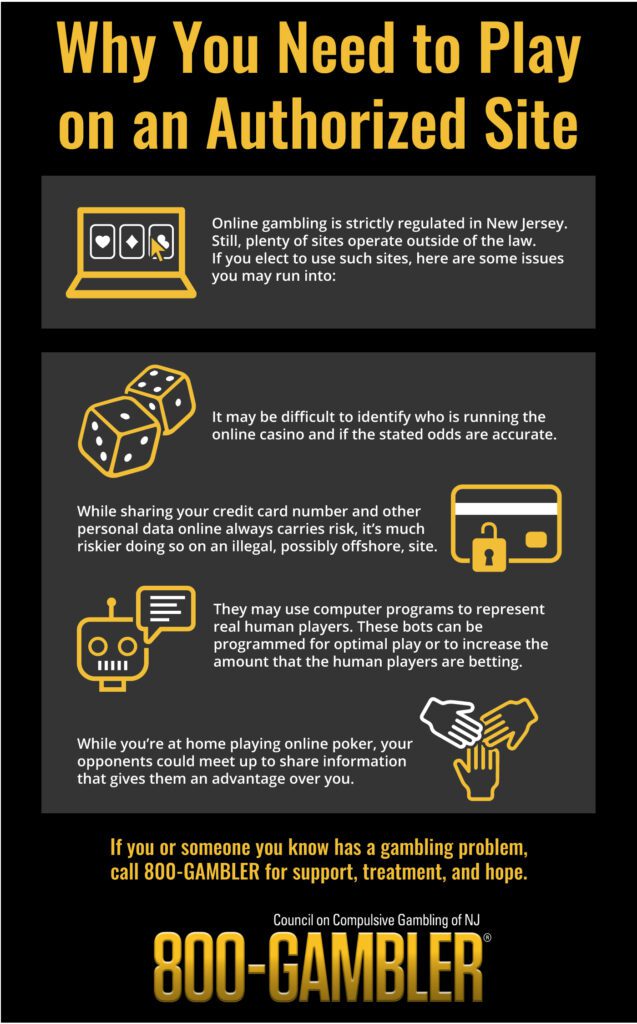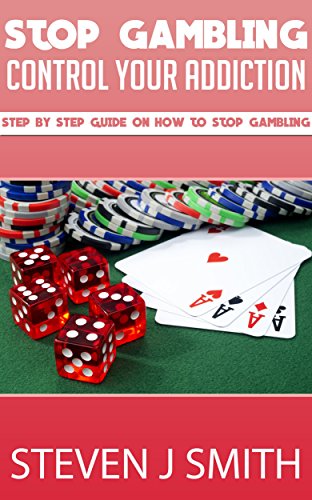How To Tell If You Have Gambling Problem
Posted By admin On 10/04/22By Sydney Smith LPC, LADC, NCGC-II
A gambling problem can be difficult to detect
Problem Gambling can be hidden for a long time which often makes it very difficult to detect. By the time the problem surfaces and the family finds out, the devastation and wreckage can be tremendous. Family members tend to know that something is wrong with their loved one but due to gambling addiction’s invisible nature, especially in the early stages of the disease, it can be extremely hard to identify.
Those with gambling problems may bet in a casino, online, or both. They may place wagers on their favorite sports teams, Texas Hold ’em hands, the roll of the craps dice, or the spin of a roulette. As if the economic downturn hasn’t given us enough to worry about, now experts are expecting a dramatic rise in problem gambling!Bill Eadington, the director of the Institute for the Study of Gambling and Commercial Gaming, says that six out of 100 adults are at high risk for gambling problems. Determining if there is a gambling problem. As a family member, we may or may not know the extent of the gambling problem or how long gambling has been an issue for our loved one. We may know about the gambling, but still have much uncertainty as to whether there is a gambling problem. So if you are asking yourself. Gambling addiction might not have immediate health ramifications like drinking alcohol or snorting cocaine, but that doesn’t mean it’s not dangerous. There are many problems that can arise from gambling addiction. If you or someone you know has a gambling addiction, call Prominence Treatment Center today for immediate assistance.
In this article, we will discuss the signs and symptoms of, and ways to identify if your loved one has a gambling problem. Then, we’ll invite your questions about how to get help at the end.
Determining if there is a gambling problem
As a family member, we may or may not know the extent of the gambling problem or how long gambling has been an issue for our loved one. We may know about the gambling, but still have much uncertainty as to whether there is a gambling problem. So if you are asking yourself,
“How do I know if my loved one is a problem gambler?”
…the following are questions and information that may help determine if there is a gambling problem.
SIGN 1: Time away. If I know the person is gambling, the amount of time spent gambling or engaged in gambling activities increases. The gambler can be gone for long unaccounted for periods of time.
When the gambler in my life gambled, he often gambled while he was at work. So, in the early stages I did not know how much time he actually spent gambling. As his gambling worsened, he would not come home from work and would disappear for 24 hours at a time.
SIGN 2: Obsession to find money. Is the gambler becoming preoccupied or obsessed with obtaining money to gamble or thoughts of gambling? The great obsession can be on coming up with ways to borrow money, taking out loans, pawning items for cash, or planning their next bet.

Living with a gambler in the past, I would frequently have jewelry missing or items of value just disappear. Later I would learn that my gambler would pawn these items to obtain gambling money or to chase his losses. Later in the progression of the disease, the gambler may be physically present but not there, as the mind is preoccupied with gambling.
SIGN 3: Emotional volatility. Does the gambler have moods swings or gambles as a means to cope or change feelings? A gambler deep into his addiction can exhibit mood swings similar to those of a person diagnosed with bi-polar disorder. The extreme up and down in moods can be hard on both the gambler and the family members. The “up” moods can follow a win, and the gambler may even brag about the winnings. The “down” mood can be very depressive and the gambler may experience anxious or depressed mood, anger, and become irritable.

Gambling is used to change the way the person is feeling and the family members may hear the gambler make statements such as, “I had a stressful day at work and I just need to go gamble to unwind”.
SIGN 4: New secrets. Are there secretive behaviors or hiding? Is the gambler becoming very secretive in his actions and with his money? Hiding of gambling wins or losses, hiding lottery tickets, tax documents, etc. becomes common.
In my therapy practice, I often hear the spouses say, “I found payday loan papers, or while cleaning, I found ATM receipts from the casino.”. The family may begin to lose trust for the gambler as the hiding, concealing, and lying about gambling grows.
How To Determine If You Have A Gambling Problem
20 questions to ask yourself
These are a few of the more noticeable warning signs one may experience with the gambler. In addition, Gam-Anon created a simple list of 20 questions for family members to ask themselves.
Family members of problem gamblers will answer “YES” to at least seven of the twenty questions.

- Do you find yourself constantly bothered by bill collectors?
- Is the person in question often away from home for long unexplained periods of time?
- Does this person ever lose time from work due to gambling?
- Do you feel that this person cannot be trusted with money?
- Does this person promise that he or she will stop gambling, yet gambles again and again?
- Does this person ever gamble longer than he or she intended?
- Does this person immediately return to gambling to try to recover losses or to win more?
- Does this person ever gamble to get money to solve financial difficulties?
- Does this person borrow money to gamble with or to pay gambling debts?
- Has this person’s reputation ever suffered due to gambling?
- Have you come to the point of hiding money needed for living expenses?
- Do you search this person’s clothing, go through his or her wallet, or check on his or her activities?
- Do you hide his or her money?
- Have you noticed personality changes in him or her?
- Does this person consistently lie to cover up or deny his or her gambling activities?
- Does this person use guilt induction as a method of shifting responsibility for his or her gambling onto you?
- Do you attempt to anticipate this person’s moods to try to control his or her life?
- Does this person ever suffer from remorse or depression due to gambling sometimes to the point of self-destruction?
- Have you ever threatened to break up the family because of the gambling?
- Do you feel that your life together is a nightmare?
What can you do next?
This list can be found on the Gam-Anon website or in Gam-Anon published literature. If you can identify with any of the information listed above:
- Continue to educate yourself about gambling addiction through resources and literature.
- Reach out to a trained professional.
- Attend a Gam-Anon or any 12-step support meeting for friends and family of addicts.
If we believe our loved one has a gambling addiction, it is OK to encourage them to seek help, however, it is vitally important for us as family members to seek out our own help. We are not alone, there is hope, and life can get better.